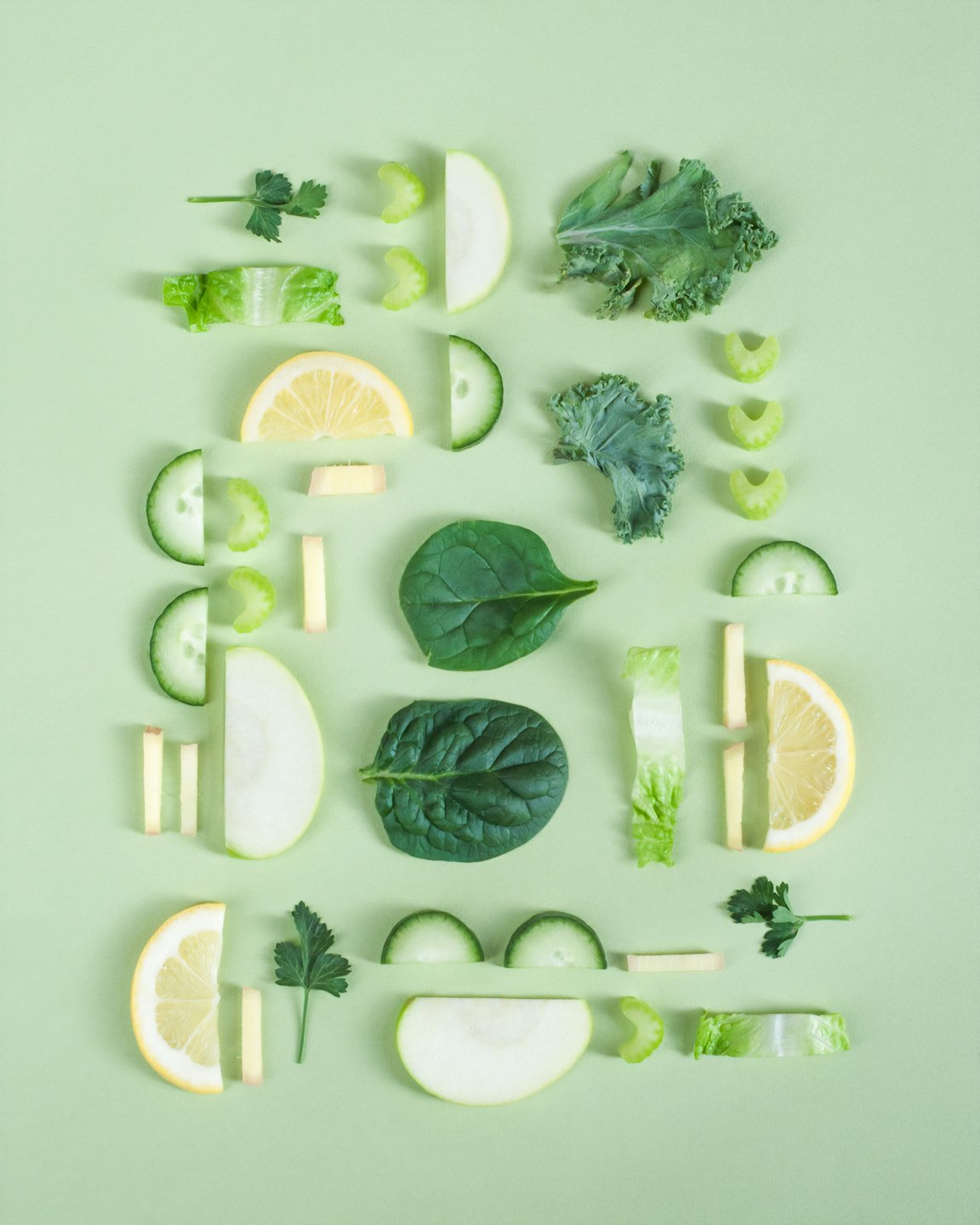Understanding the Connection Between Nutrition and Mental State
What you eat doesn’t just fuel your body—it shapes your mind. The link between nutrition and mental health is deep, rooted in biology, and increasingly backed by science. Let’s unpack how food influences your mood, focus, and emotional resilience, and explore practical ways to eat for a healthier mind.
The Brain-Gut Connection
Your brain and gut are in constant conversation, linked by the vagus nerve and a bustling community of gut microbes. This “gut-brain axis” means what happens in your stomach ripples into your thoughts and feelings. A diet heavy in processed foods—think sugary snacks, fast food, or refined carbs—can inflame the gut, disrupt microbial balance, and fog up your mental clarity. Conversely, nutrient-dense foods can calm inflammation, stabilize mood, and sharpen focus.
Studies show that diets high in fruits, vegetables, whole grains, and lean proteins correlate with lower rates of depression and anxiety. For example, a 2019 meta-analysis found that Mediterranean-style diets, rich in olive oil, fish, and greens, reduced depressive symptoms by up to 33% compared to standard diets. Why? These foods deliver vitamins, minerals, and fatty acids that your brain craves to function optimally.
Key Nutrients for Mental Health
Certain nutrients stand out for their role in mental well-being:
- Omega-3 Fatty Acids: Found in fatty fish like salmon, walnuts, and flaxseeds, omega-3s support brain cell structure and reduce inflammation. Low levels are linked to mood disorders.
- B Vitamins: B6, B12, and folate (in leafy greens, eggs, and legumes) help produce serotonin and dopamine, neurotransmitters that regulate mood.
- Magnesium: Nuts, seeds, and dark chocolate provide magnesium, which calms the nervous system and eases anxiety.
- Probiotics: Fermented foods like yogurt, kefir, and kimchi nurture gut bacteria, which influence serotonin production—90% of which happens in the gut.
- Antioxidants: Berries, dark leafy greens, and turmeric are packed with antioxidants that protect brain cells from oxidative stress, linked to cognitive decline.
On the flip side, deficiencies in these nutrients can throw your mental state off-kilter. Low iron or vitamin D, for instance, can sap energy and mimic depression symptoms. A 2020 study estimated that 20% of mood disorders could be tied to nutrient shortfalls.
Sugar, Processed Foods, and the Mood Crash
Ever feel sluggish after a sugary binge? There’s a reason. High-sugar, ultra-processed diets spike blood sugar, triggering insulin surges that can leave you irritable and fatigued. Over time, they disrupt dopamine pathways, making it harder to feel pleasure without a quick fix. A 2023 study in The Lancet found that people eating diets high in processed foods had a 40% higher risk of anxiety than those sticking to whole foods.
Caffeine and alcohol also play tricks on your brain. A morning coffee might perk you up, but too much can amplify anxiety. Alcohol, a depressant, might relax you initially but disrupts sleep and serotonin, leaving you moody the next day.
Eating for Emotional Resilience
A balanced diet isn’t just about avoiding the bad stuff—it’s about building a foundation for mental toughness. Here’s how to start:
- Prioritize Whole Foods: Aim for a plate colorful with vegetables, fruits, whole grains, lean proteins, and healthy fats. Think avocado toast with eggs or a salmon-quinoa bowl with spinach.
- Balance Blood Sugar: Pair carbs with protein and fat to avoid energy dips. Swap white bread for whole-grain, and snack on nuts instead of candy.
- Hydrate: Even mild dehydration can dull cognition and mood. Aim for 8-10 cups of water daily, more if you’re active.
- Limit Triggers: Cut back on sugary drinks, fried foods, and excessive caffeine. Notice how your body feels after meals to pinpoint personal sensitivities.
- Experiment Mindfully: Try adding mood-boosting foods like blueberries, dark chocolate, or fermented pickles. Track your mood to see what works.
Beyond Food: The Bigger Picture
Nutrition doesn’t work in isolation. Sleep, exercise, and stress management amplify its effects. A nutrient-rich diet paired with 7-8 hours of sleep and regular movement—like a brisk walk or yoga—creates a feedback loop that lifts your mental state. Chronic stress, though, can blunt these benefits, so mindfulness practices or even a quick journaling habit can keep cortisol in check.
Cultural and personal factors also shape how food affects you. A comfort meal might boost your mood not because of its nutrients but because it evokes joy or nostalgia. Listen to your body and honor what feels right.
Small Steps, Big Impact
You don’t need to overhaul your diet overnight. Start small—swap soda for water, add a handful of spinach to your smoothie, or try fish once a week. Consistency beats perfection. Over time, these choices rewire your brain, gut, and mood for the better.
The science is clear: food is more than fuel. It’s a tool to shape how you think, feel, and thrive. Feed your body well, and your mind will thank you.
Sometimes, the simplest moments hold the deepest wisdom. Let your thoughts settle, and clarity will find you. Use this quote space to share something inspirational or reflective, perfectly aligned with the theme of your article.


As you move toward the midpoint of the article, this paragraph provides an opportunity to connect earlier ideas with new insights. Use this space to present alternative perspectives or address potential questions readers might have. Strike a balance between depth and readability, ensuring the information remains digestible. This section can also serve as a transition to the closing points, maintaining momentum as you steer the discussion to its final stages.
Wrapping Up with Key Insights
In this concluding paragraph, summarize the key takeaways from your article, reinforcing the most important ideas discussed. Encourage readers to reflect on the insights shared, or offer actionable advice they can apply in their own lives. This is your chance to leave a lasting impression, so make sure your closing thoughts are impactful and memorable. A strong conclusion not only ties the article together but also inspires readers to engage further.


Leave a Reply